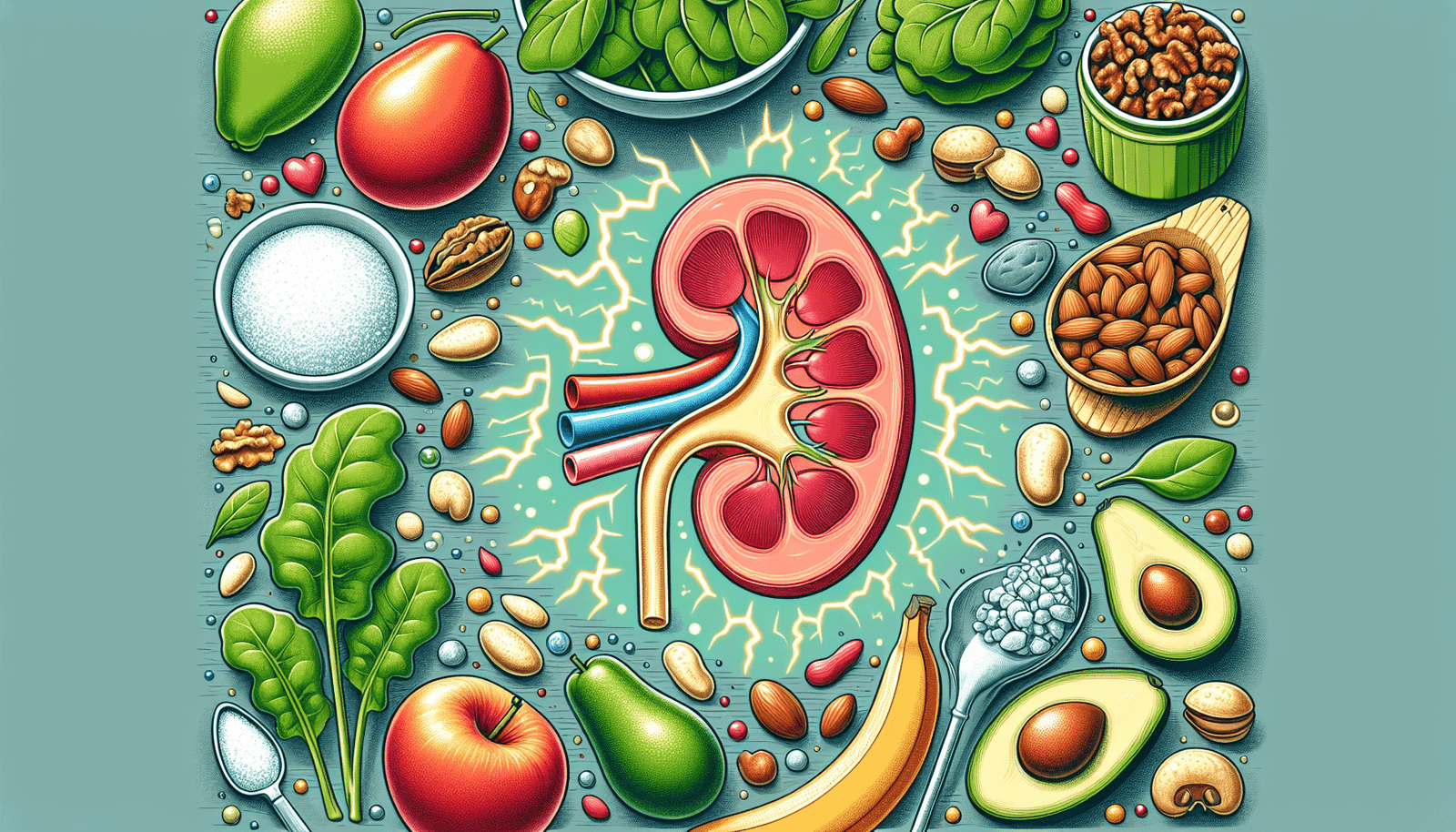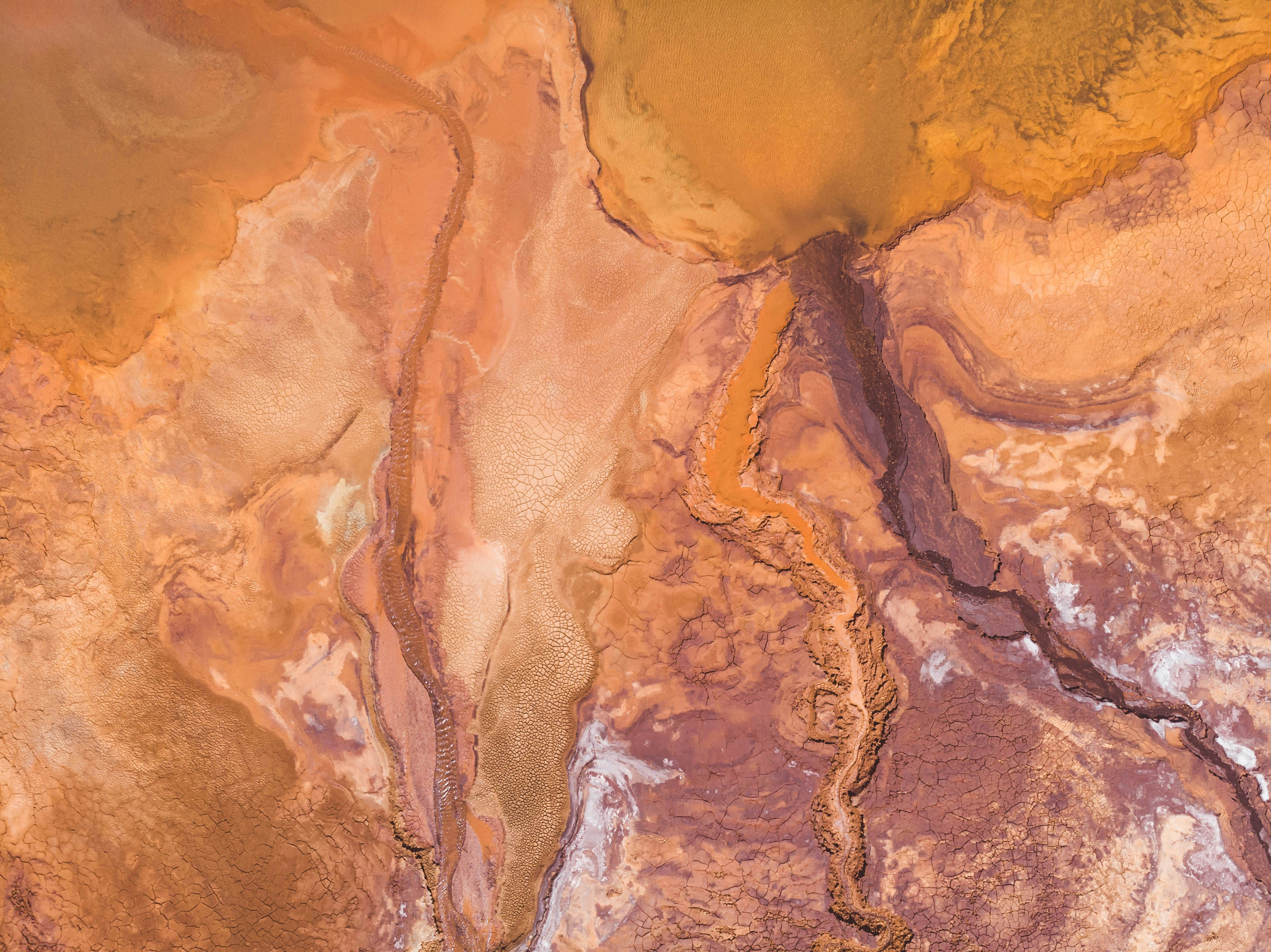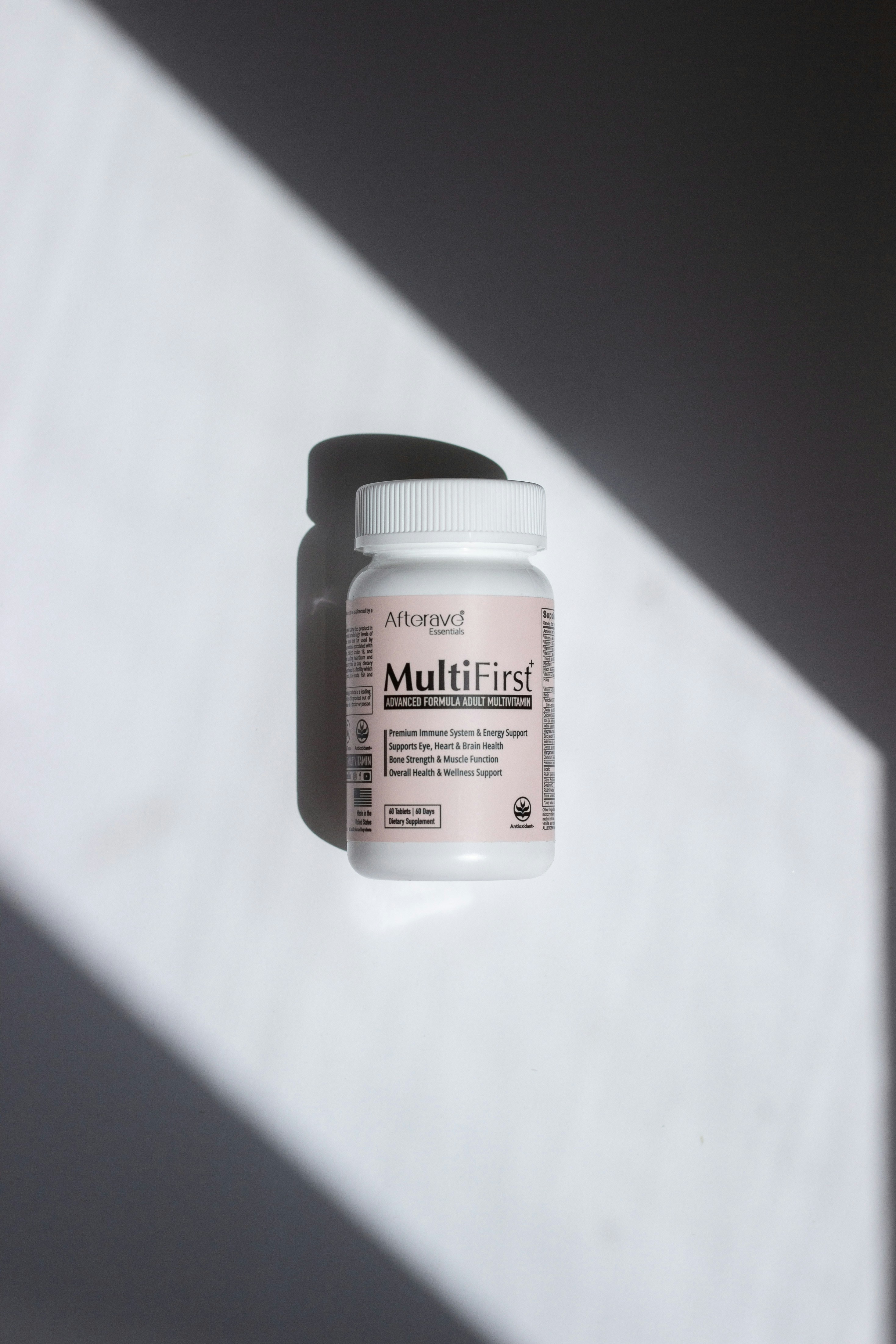If you’ve ever experienced the excruciating pain of kidney stones, you know how important it is to find ways to prevent their formation. One often overlooked strategy is incorporating magnesium-rich foods into your diet. Magnesium plays a crucial role in preventing the formation of kidney stones by inhibiting the crystallization of calcium oxalate, a common component of kidney stones. In this article, we will explore the top magnesium-rich foods that can help you keep kidney stones at bay. So, let’s dig into the world of kidney stone prevention and discover the power of magnesium-rich foods.
What are kidney stones?
Kidney stones are hard, crystallized masses that form in the kidneys. They are composed of various substances, including calcium, oxalate, and uric acid. These stones can range in size from a grain of sand to a golf ball, and they can cause a great deal of pain when passing through the urinary tract.
Composition of kidney stones
The composition of kidney stones can vary depending on the substances that make them up. The most common type of kidney stone is composed of calcium, which can combine with oxalate or phosphate to form crystals. Other types of kidney stones include uric acid stones, which are formed from excessive uric acid, and struvite stones, which are caused by urinary tract infections.
Causes of kidney stones
There are several factors that can contribute to the formation of kidney stones. One of the main causes is dehydration, as inadequate fluid intake can lead to concentrated urine and the precipitation of minerals, ultimately forming stones. Additionally, diets high in sodium, sugar, and animal protein can increase the risk of developing kidney stones. Certain medical conditions such as hyperparathyroidism and urinary tract infections can also be underlying causes.
Symptoms of kidney stones
When kidney stones form and begin to move through the urinary tract, they can cause a range of symptoms. The most common symptom is severe, sharp pain in the lower back or abdomen, sometimes radiating to the groin. Other symptoms include blood in the urine, frequent urination, cloudy or foul-smelling urine, and a persistent urge to urinate. In some cases, individuals may also experience nausea and vomiting.
Importance of magnesium in kidney stone prevention
Magnesium plays a crucial role in preventing the formation of kidney stones. It can help to inhibit the crystallization of calcium and other substances by binding to them and preventing them from forming into stones. In addition, magnesium can help to regulate the levels of certain compounds in the urine that can contribute to stone formation.
Effect of magnesium on kidney stone formation
Supplementing with magnesium has been shown to reduce the risk of developing kidney stones. By increasing the levels of magnesium in the body, the formation of calcium oxalate crystals can be inhibited, making it less likely for kidney stones to form. Magnesium also helps to prevent the adherence of urinary crystals to the walls of the kidneys, reducing the likelihood of stone formation.
Recommended daily intake of magnesium
The recommended daily intake of magnesium for adults is around 400-420 milligrams for males and 310-320 milligrams for females. However, specific recommendations may vary depending on factors such as age, sex, and individual health conditions. It is important to consult with a healthcare professional to determine the appropriate magnesium intake for your specific needs.
Benefits of magnesium in preventing kidney stones
In addition to its role in inhibiting kidney stone formation, magnesium offers several other health benefits. It helps to support proper muscle and nerve function, maintains a steady heart rhythm, and contributes to strong bones. Magnesium also plays a vital role in energy metabolism, DNA synthesis, and protein production. By incorporating magnesium-rich foods into your diet, you can not only reduce the risk of kidney stones but also promote overall well-being.

Top magnesium-rich foods for kidney stone prevention
- Spinach: This leafy green vegetable is packed with magnesium, along with other beneficial nutrients like iron and vitamins A and C.
- Almonds: These delicious nuts are not only a great source of magnesium but also provide healthy fats and protein.
- Black beans: Rich in fiber and protein, black beans are a versatile food that can be included in many dishes.
- Avocado: Not only are avocados a good source of magnesium, but they also offer heart-healthy monounsaturated fats.
- Quinoa: This ancient grain is a complete protein and contains a good amount of magnesium, making it a nutritious choice for kidney stone prevention.
- Salmon: Along with being rich in omega-3 fatty acids, salmon provides a healthy dose of magnesium.
- Bananas: These potassium-rich fruits are also a good source of magnesium, making them a convenient and nutritious snack option.
- Dark chocolate: Indulging in a small amount of dark chocolate can not only satisfy your sweet tooth but also provide magnesium and other beneficial antioxidants.
- Greek yogurt: This creamy treat is not only a good source of protein but also offers magnesium, calcium, and probiotics.
- Pumpkin seeds: These small seeds are packed with magnesium, along with other important nutrients like iron and zinc.
How to incorporate magnesium-rich foods in your diet
Incorporating magnesium-rich foods into your daily diet is easier than you might think. Here are some simple meal and snack ideas to help you boost your magnesium intake:
Meal ideas with spinach:
- Add spinach to your omelettes, scrambles, or breakfast smoothies.
- Use spinach as a base for salads, topped with your favorite protein and veggies.
- Incorporate spinach into pasta dishes, stir-fries, or casseroles for an extra nutrient boost.
Snack ideas with almonds and pumpkin seeds:
- Enjoy a handful of almonds or pumpkin seeds as a quick and nutritious snack on their own.
- Mix almonds and pumpkin seeds into trail mix for a convenient on-the-go option.
- Sprinkle almonds and pumpkin seeds on top of yogurt, oatmeal, or salads for added crunch and flavor.
Recipes using black beans and quinoa:
- Make a hearty black bean and quinoa salad with fresh vegetables, herbs, and a flavorful dressing.
- Create delicious black bean and quinoa burgers or stuffed bell peppers for a plant-based meal option.
- Use black beans and quinoa as a base for burrito bowls or tacos, topped with your favorite toppings and seasonings.
Adding avocado to your meals:
- Spread mashed avocado on whole grain toast for a nutritious and satisfying breakfast or snack.
- Use avocado as a healthy substitute for mayonnaise in sandwiches, wraps, or salads.
- Incorporate avocado into smoothies for a creamy texture and extra nutrients.
Including salmon in your diet:
- Grill or bake salmon fillets and serve with roasted vegetables for a flavorful and nutritious meal.
- Add flaked salmon to salads, pasta dishes, or grain bowls for a boost of protein and omega-3 fatty acids.
- Whip up a tasty salmon and vegetable stir-fry for a quick and nutritious dinner option.
Making banana smoothies with Greek yogurt:
- Blend bananas, Greek yogurt, and your choice of fruits for a refreshing and protein-packed smoothie.
- Add a scoop of peanut butter and a sprinkle of cinnamon for extra flavor and nutrients.
- Freeze banana slices and blend with Greek yogurt for a creamy and delicious frozen treat.
Enjoying dark chocolate as a treat:
- Indulge in a small piece of dark chocolate as a sweet and satisfying dessert.
- Incorporate dark chocolate into homemade energy balls or granola bars for a healthy and delicious snack.
- Melt dark chocolate and drizzle it over fresh fruit for a simple and guilt-free dessert option.

Other dietary recommendations for kidney stone prevention
In addition to incorporating magnesium-rich foods into your diet, there are several other dietary recommendations that can help prevent kidney stones:
Drink plenty of water:
Staying hydrated is crucial for kidney stone prevention. Aim to drink at least 8 cups (64 ounces) of water per day, or more if you live in a hot climate or engage in intense physical activity. Drinking enough water helps to flush out toxins and dilute minerals, reducing the risk of stone formation.
Reduce sodium intake:
High sodium intake can increase the excretion of calcium in urine, leading to a higher risk of stone formation. Limit your consumption of processed foods, fast food, and salty snacks. Instead, opt for fresh, whole foods and use herbs and spices to flavor your meals.
Limit animal protein:
Diets high in animal protein, particularly red meat and poultry, can raise the levels of uric acid in urine and increase the risk of uric acid stone formation. Aim for a balanced diet that includes a variety of protein sources such as legumes, tofu, and fish.
Increase intake of citric acid:
Citric acid is found in fruits like lemons, oranges, and grapefruits, and it can help to prevent kidney stone formation by binding to calcium in urine and preventing the formation of crystals. Include citrus fruits in your diet regularly or consider adding lemon juice to your water for an extra dose of citric acid.
Conclusion
Kidney stones can be a painful and debilitating condition, but incorporating magnesium-rich foods into your diet can help to prevent their formation. By increasing your intake of magnesium and following a balanced diet that includes plenty of water, low sodium, and limited animal protein, you can reduce your risk of developing kidney stones. Remember to consult with a healthcare professional for personalized dietary recommendations and always prioritize your overall health and well-being.




